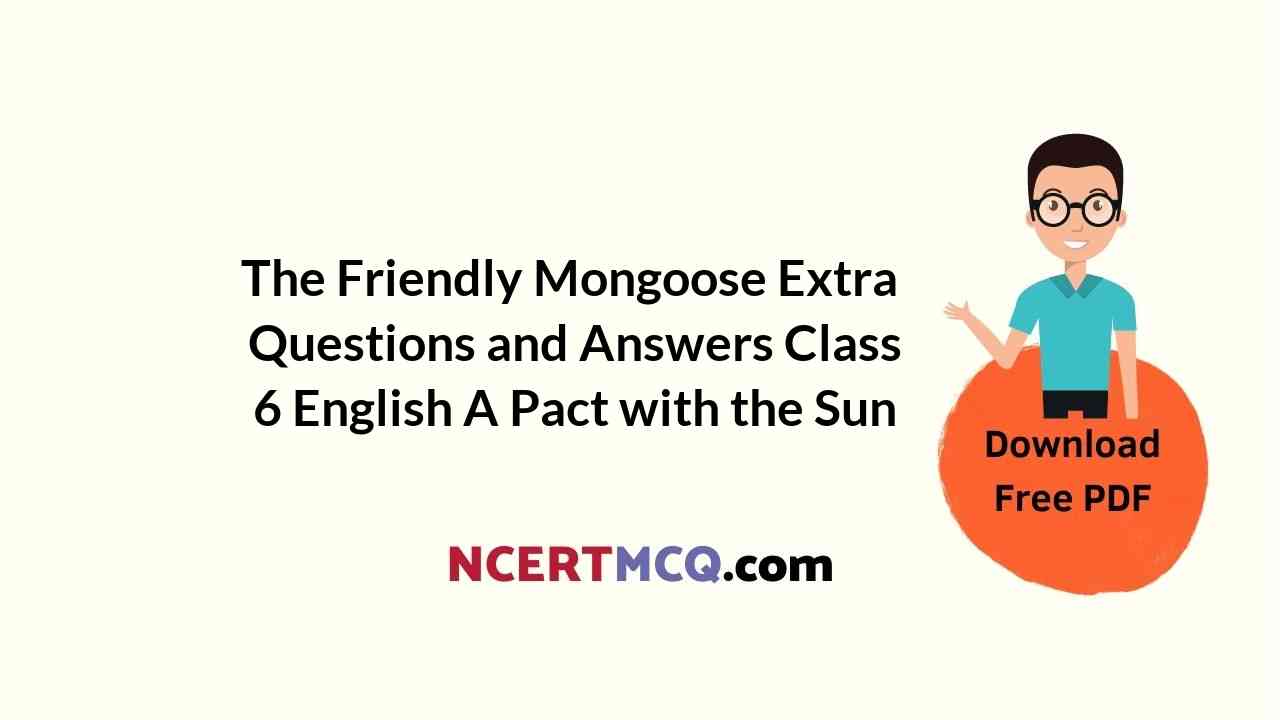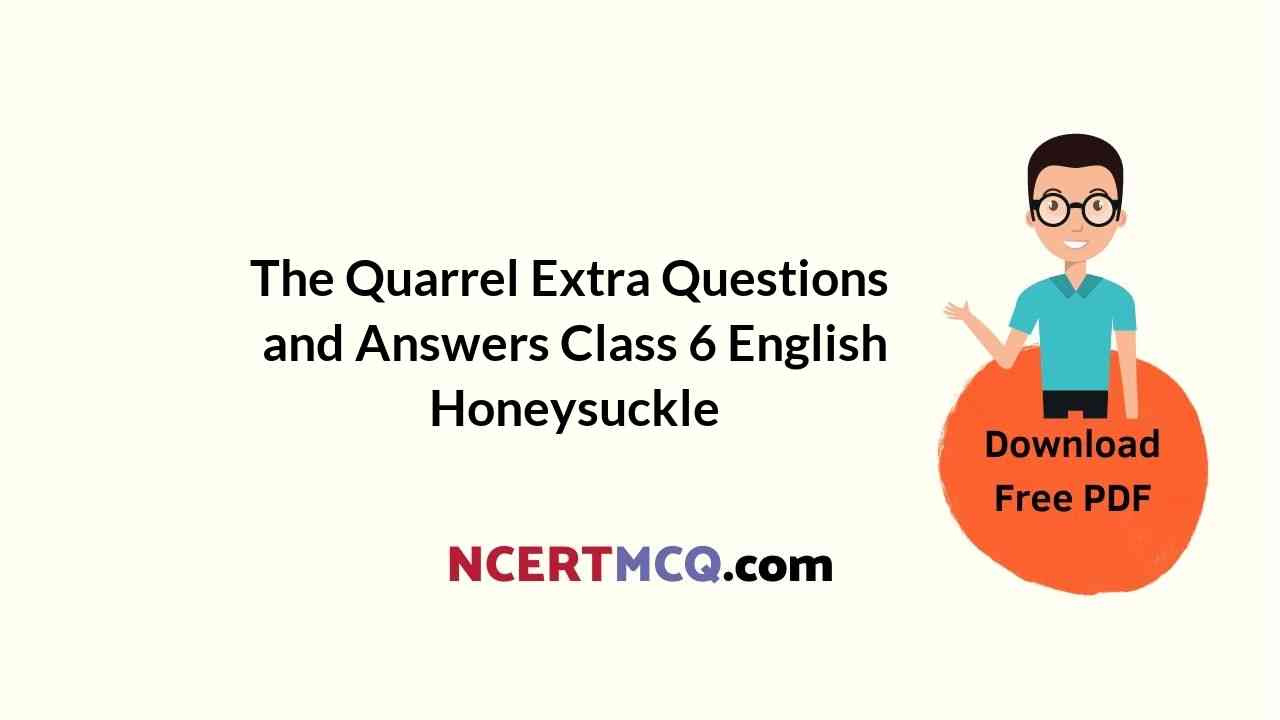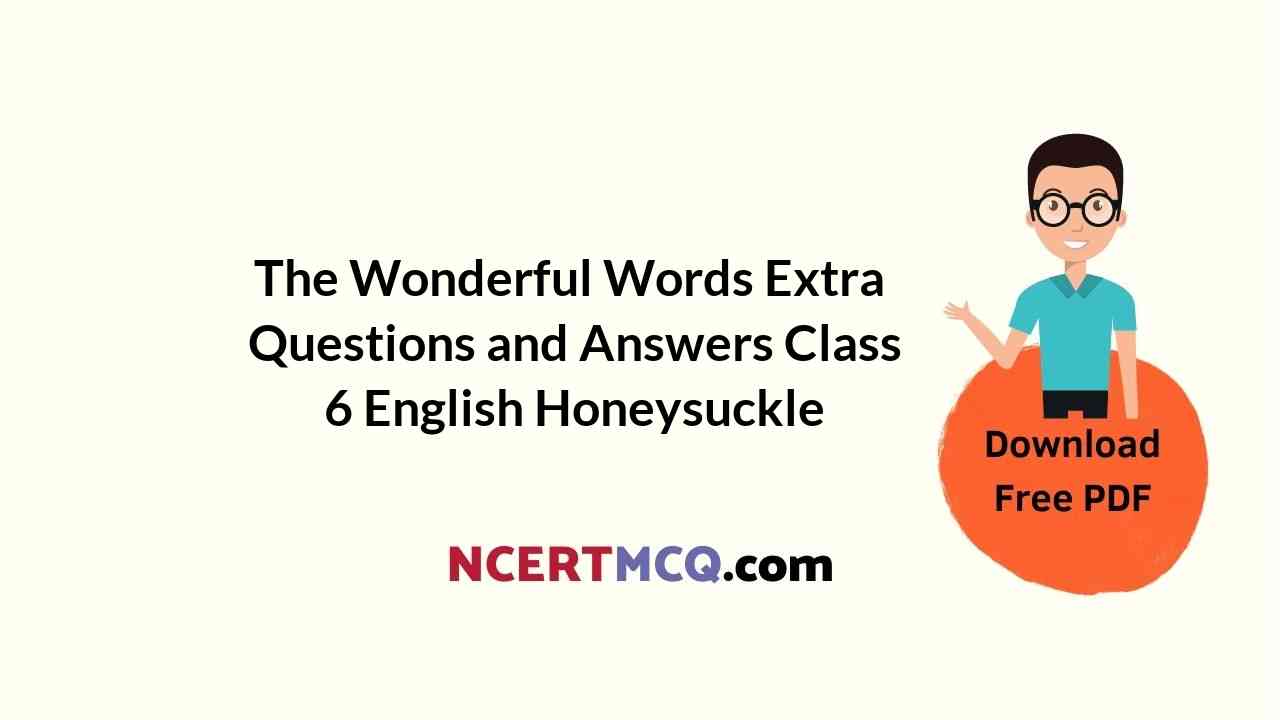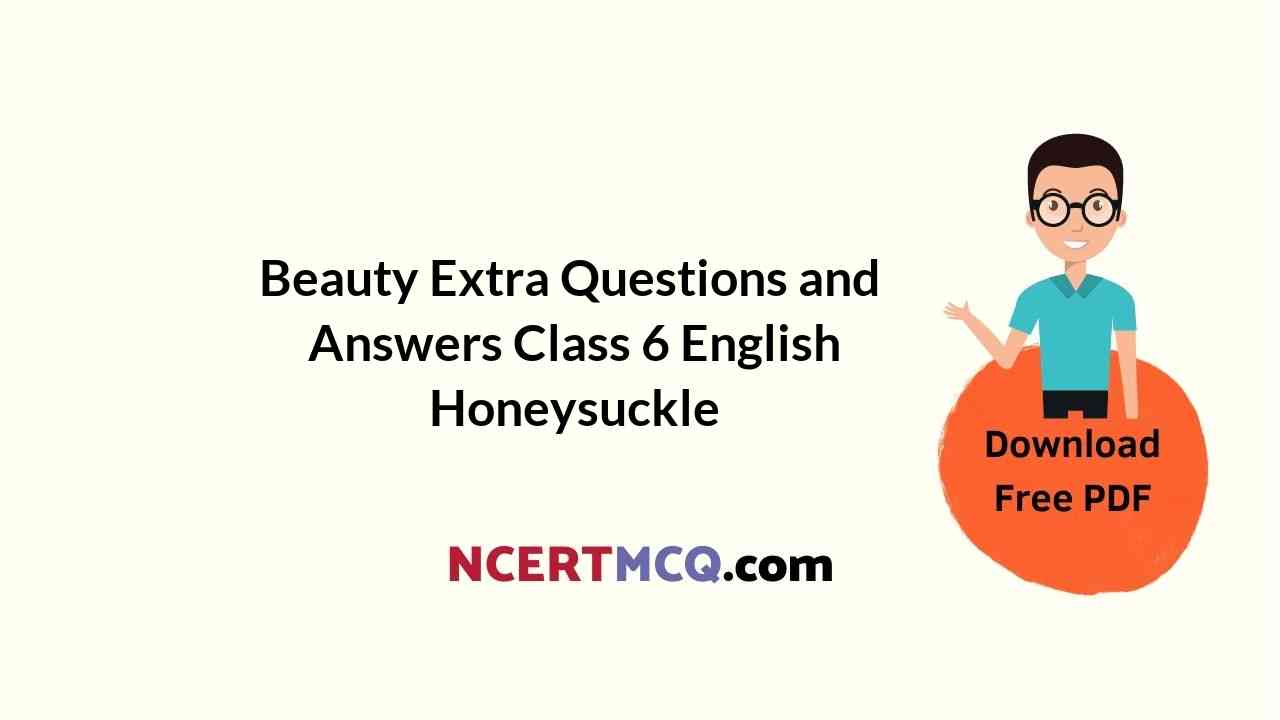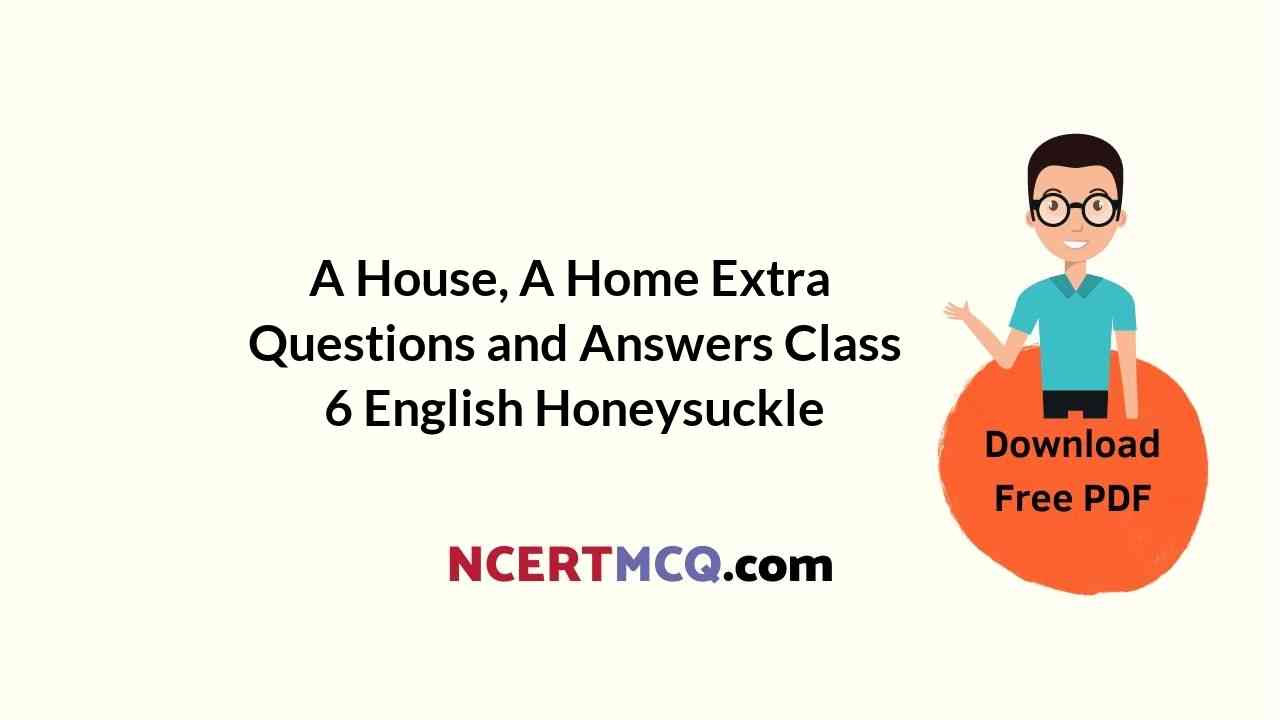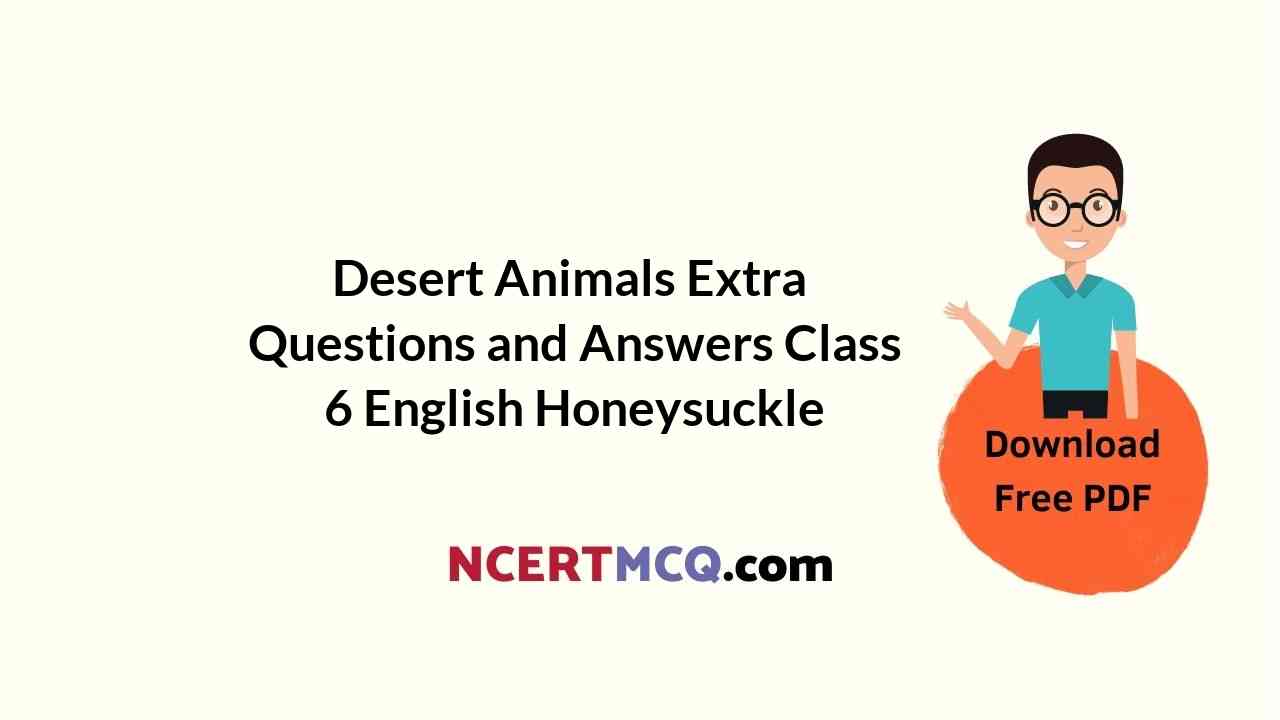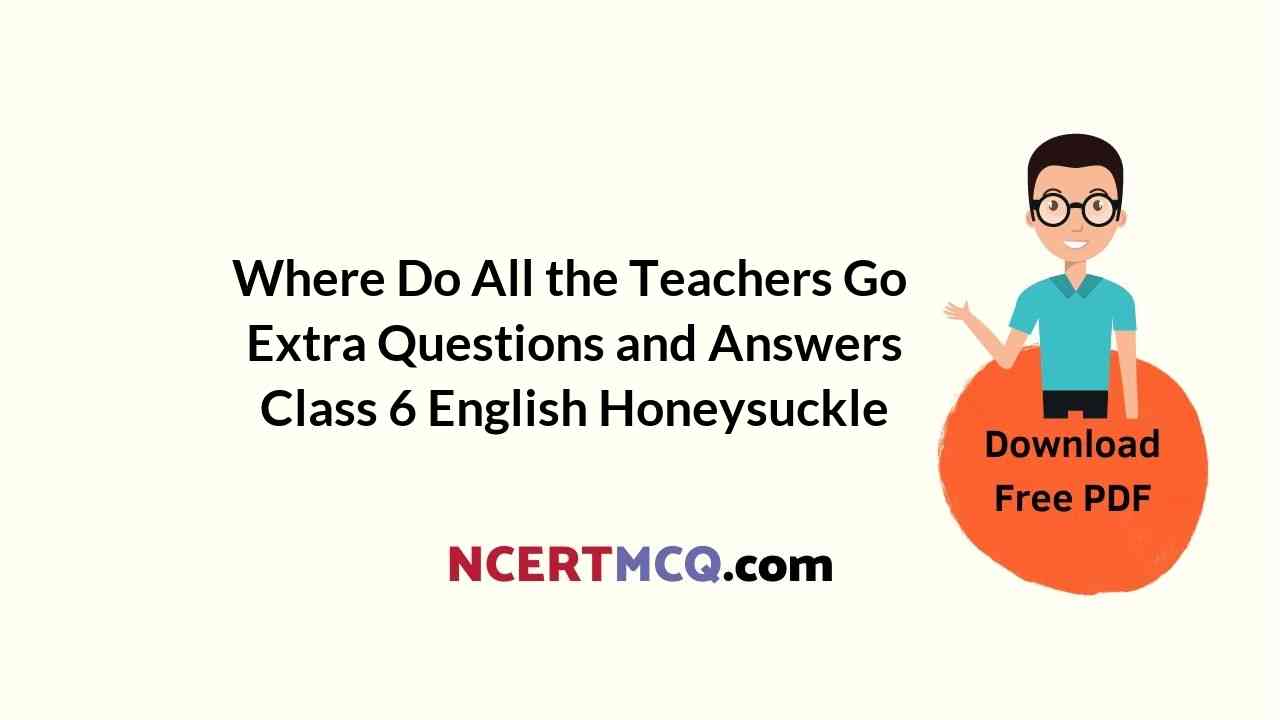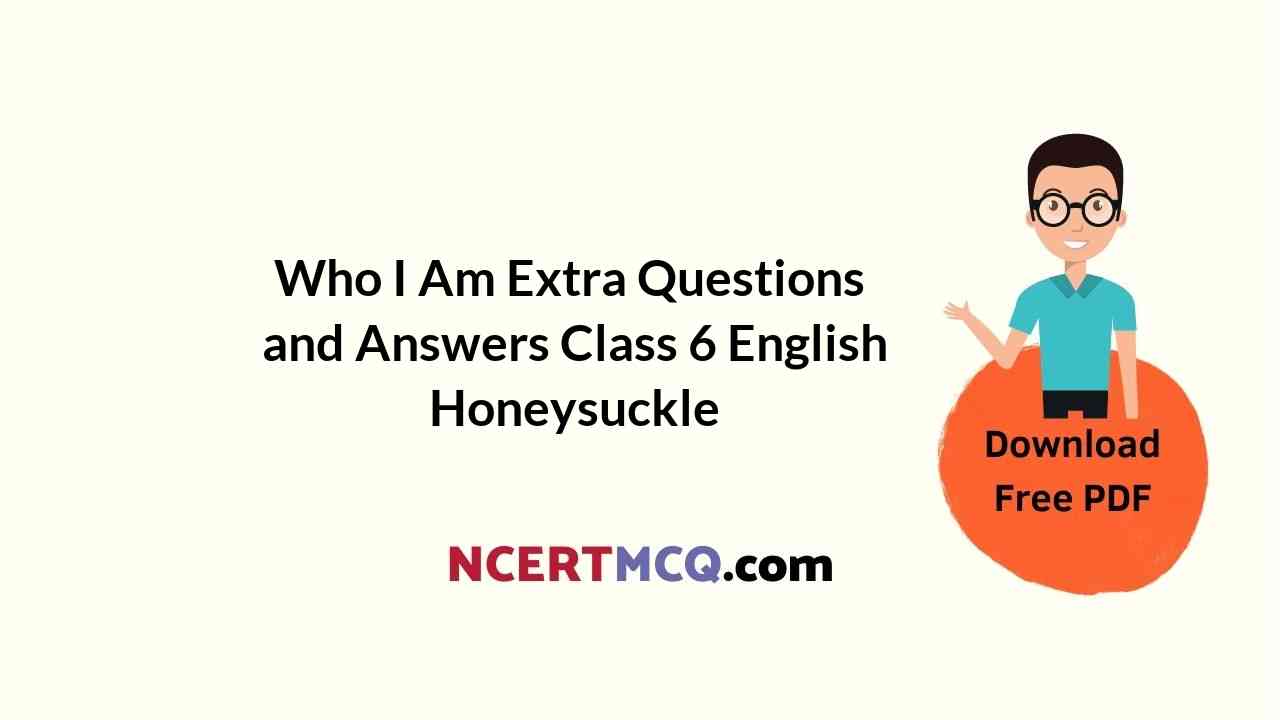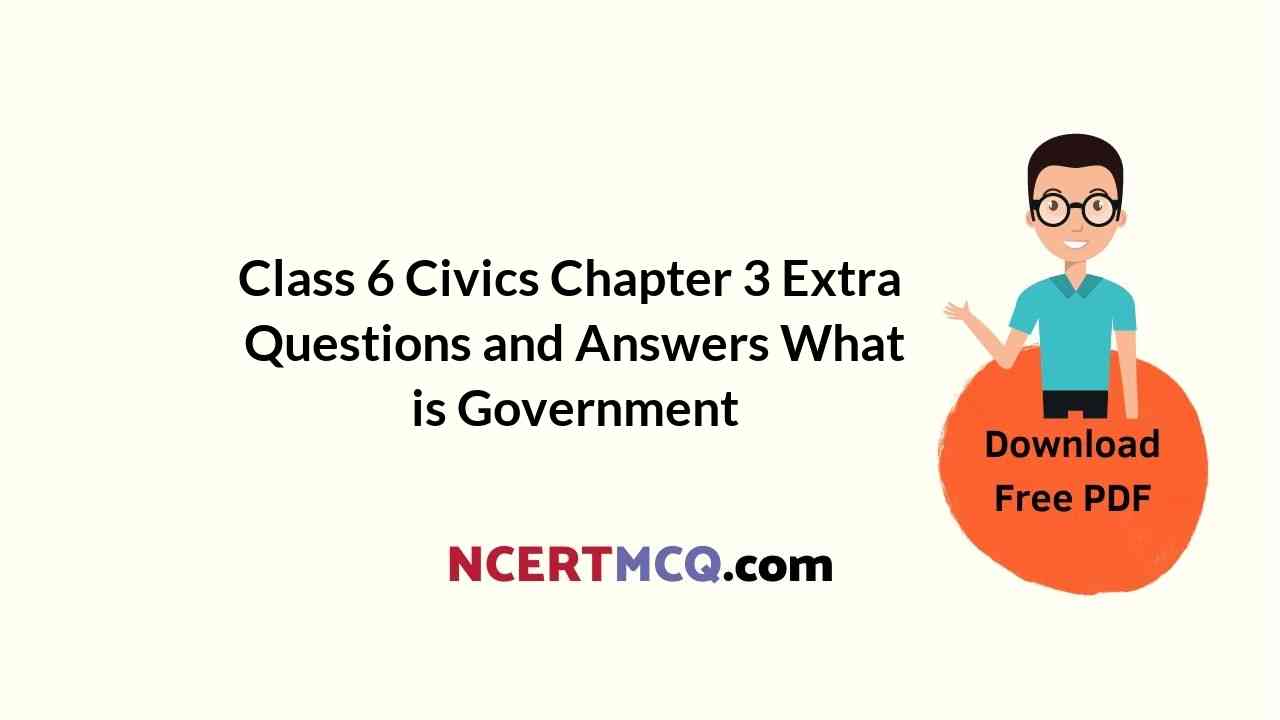Here we are providing The Old-Clock Shop Extra Questions and Answers Class 6 English A Pact with the Sun, Extra Questions for Class 6 English was designed by subject expert teachers. https://ncertmcq.com/extra-questions-for-class-6-english/
The Old-Clock Shop Extra Questions and Answers Class 6 English A Pact with the Sun
The Old-Clock Shop Extra Questions and Answers Short Answer Type
The Old Clock Shop Extra Questions Class 6 Question 1.
Ray was a handicapped, how was he managing his customers?
Answer:
Ray was the owner of an old clock shop. He was deaf and dumb. He communicated with his customers by writing on a notepad.
The Old-Clock Shop Extra Questions Class 6 Question 2.
Who came to the shop at the time of closing?
Answer:
The two persons came to Ray’s shop just before the shop closed. One was young and the other was older one was nearly fifty. They had an evil plan to, rob Ray of his cash.’’
The Old Clock Shop Extra Question Answer Class 6 Question 3.
What was the intention of the intruders?
Answer:
The two persons visiting Ray’s shop were in dire need of money. They were ready to take away Ray’s cash by force.
The Old-Clock Shop Questions And Answers Class 6 Question 4.
How did Ray handle the two shoppers?
Answer:
Ray observed that two men hadn’t come to buy anything. Ray hide his growing fear and he kept cool. He paid fifty dollars in exchange for an old watch. That pleased the man. He said ‘Merry Christmas’ to Ray before he walked out of the shop.
Extra Questions Of The Old Clock Shop Class 6 Question 5.
What message did the old clocks impart?
Answer:
The old clocks and timepieces in Ray’s shop chimed all together. They spread the message of peace on earth and goodwill towards all.
The Old-Clock Shop Pdf Questions And Answers Class 6 Question 6.
‘Ray was an inspiration’. How?
Answer:
Ray was an old and deaf owner of an old clock shop. He repaired and sold old clocks. He communicated with his customers using pen and paper. He was wise, generous and helpful also. He overpaid his visitors in need. He sent away the unfriendly visitors quite happy.
The Old Clock Shop Question Answer Class 6 Question 7.
How did the old clock give a timeless message through Ray?
Answer:
Ray was an old and deaf dealer in old clocks. He also used to pay to the needy customers against the security of their old clocks. Two visitors came to his shop when he was going to pull the shutter down. He doubted their intentions. But he kept his cool. He offered them fifty dollars for an old clock. He did so as a gesture of goodwill and peace. The timepiece rang out a musical message filled with hope. All the three persons who stood in the shop heard the timeless message of peace on earth and goodwill towards all.
The Old-Clock Shop Extra Questions and Answers Long Answer Type
The Old Clock Shop Class 6 Extra Questions And Answers Question 1.
“A single person can bring change in life”. Discuss in light of the lesson.
Answer:
Although Ray was deaf, his observation was impeccable. He understood the purpose of his customers and was scared. Yet, he managed to hold his fear and responded in a friendly manner. He was generous, understanding, congenial in nature. These habits enabled him to win over the unfriendly customers. His warmth melted the hearts of the two men. So a good person makes an everlasting impression on minds of many.
Question Answer Of The Old Clock Shop Class 6 Question 2.
What is more important in life to be rich – or helping humanity? Give your opinion.
Answer:
A person can accumulate wealth through various means. But if he is not a good person, fall of his character can be very obvious and then he won’t get support of anybody. Moreover, he would be deserted by his own people. Whereas, a person who contributes to the goodwill and welfare of humanity, He may not be rich in monetary terms becomes rich in winning hearts. So in my opinion, a person should work for common good.
Question 3.
What made Ray think the visitor was not really a shopper?
Answer:
Ray’s old, wise eyes told him that visitor was not a shopper because there was no sign of friendliness in his eyes and his other friend remained at the door.
Question 4.
Why did visitors come to the shop?
Answer:
The visitor had not come to the shop to buy anything. Perhaps his intention was to loot the owner of his cash. He was in dire need of money.
Question 5.
How did Ray communicate with him?
Answer:
Ray was deaf. So he used notepad and a pencil. He wrote on the notepad. The visitor also wrote his reply on paper.
Question 6.
What do you think the man said to his friend who waited at the door?
Answer:
The man must have communicated to his friend what Ray had communicated to him by shaking his head and pointing to his ears. So the man perhaps told his friend that the owner of that shop was deaf and dumb.
Question 7.
Ray was not a pawnbroker. Why then did he lend money to people in exchange for their old watches and clocks?
Answer:
Ray was not a pawnbroker, a person who lends money on security of some item. He did not lend money on interest. He was, however, kind and helpful. He couldn’t say ‘No’ to the needy people.
Question 8.
“The watch was nothing special and yet had great powers”. In what sense did it have ‘great powers’?
Answer:
The watch was ordinary. But it had the power to pull a person out of difficult situation. The stranger got money he needed and Ray the shopkeeper also escaped from any injury. So in this sense the watch had great powers.
Question 9.
Do you think the man would ever come back to pick up the watch?
Answer:
Yes, I think that the man would return to pick up the watch. Before leaving the shop, he himself wrote that he would return to pick up the watch and also he was grateful to Mr Ray and must be touched by his kindness.
Question 10.
When did “the unfriendly face” of the visitor turn truly friendly?
Answer:
The unfriendly face of the visitor turn truly friendly when Ray gave fifty dollar note for his ordinary watch which was not worth that much. Also he was surprised to know that Mr Ray was deaf and dumb and ready to help him.

